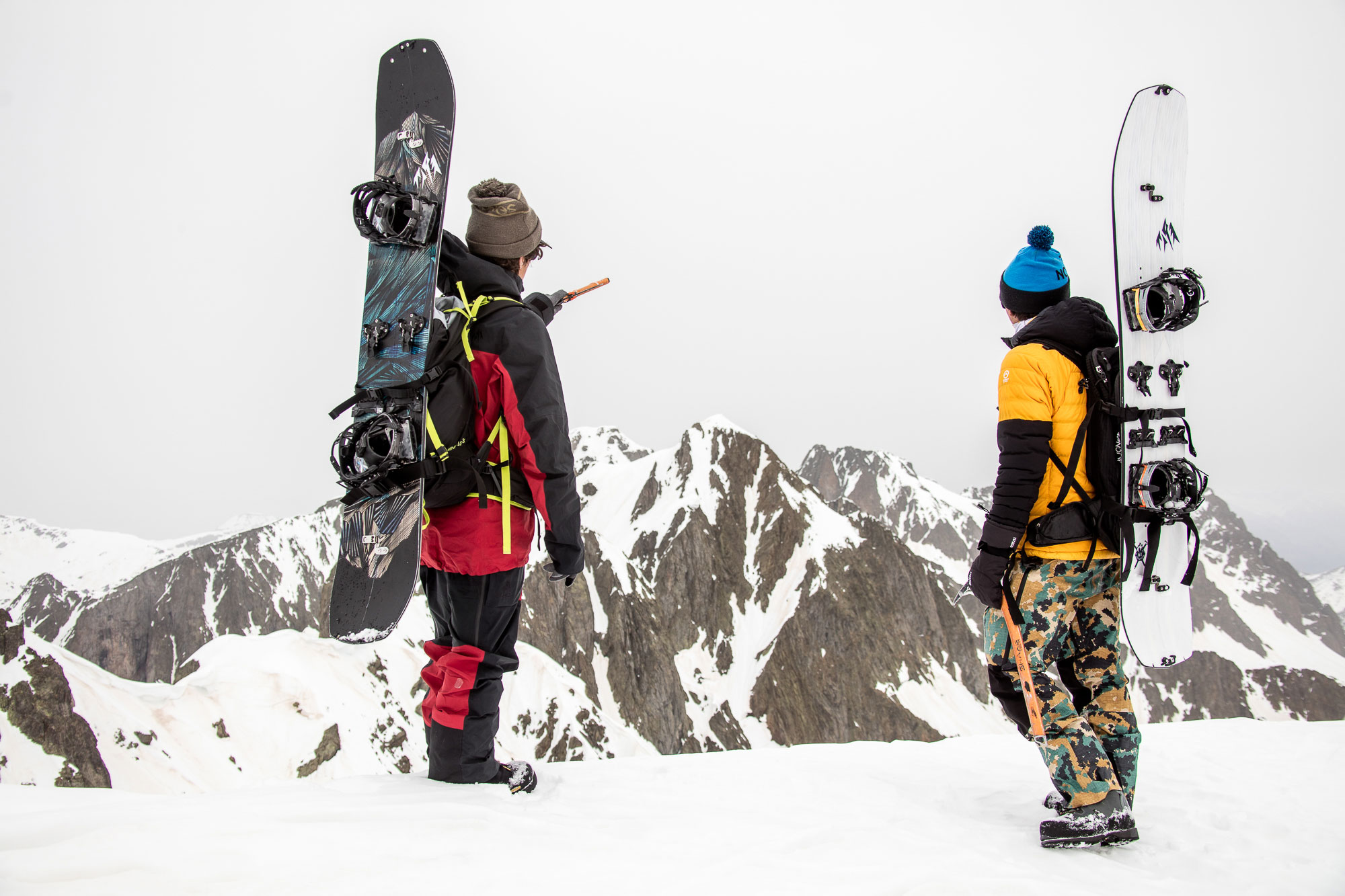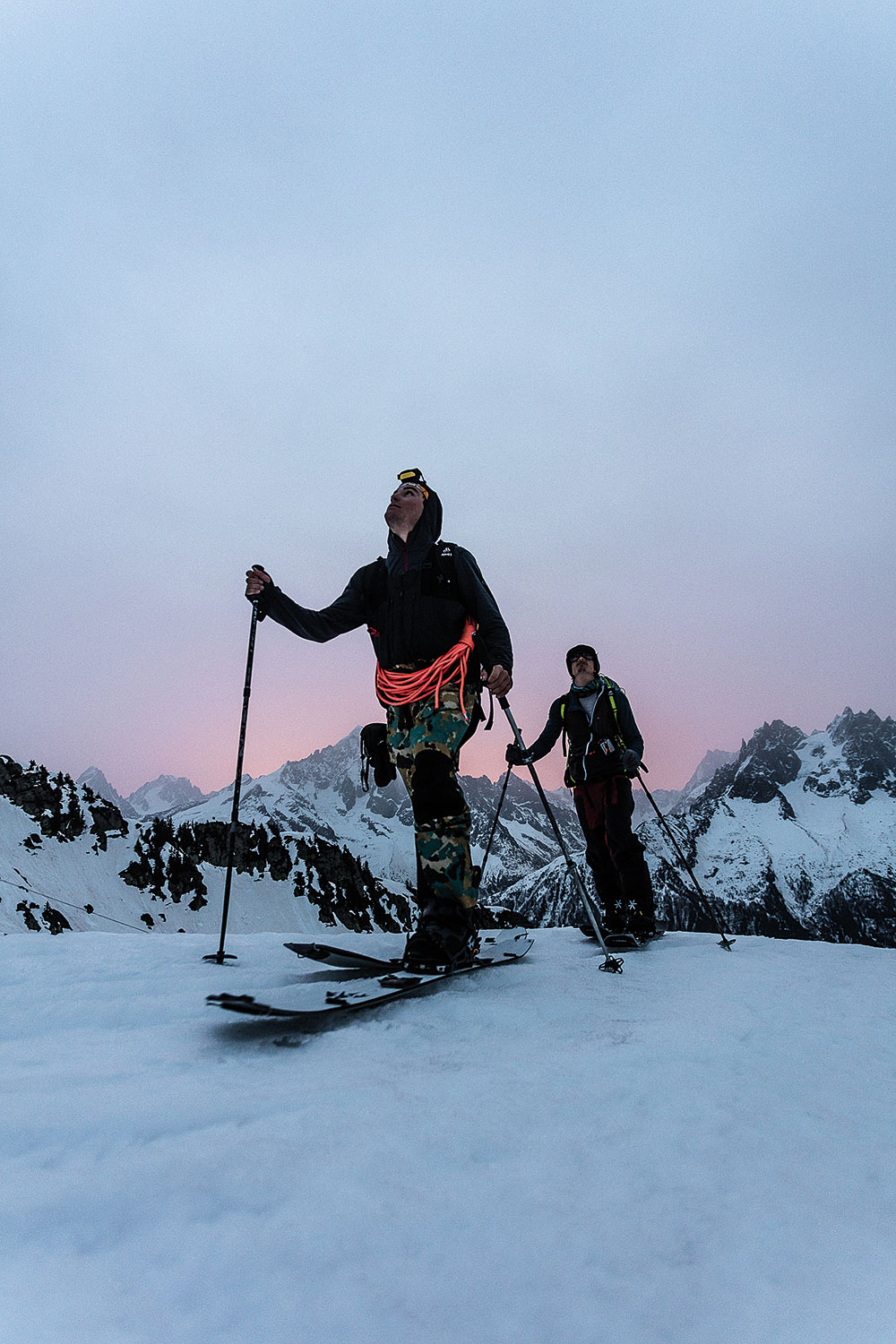With: Jones
ITW: Julien Pica Herry
By: Tommaso Bernacchi
Photos: Arthur Ghillini
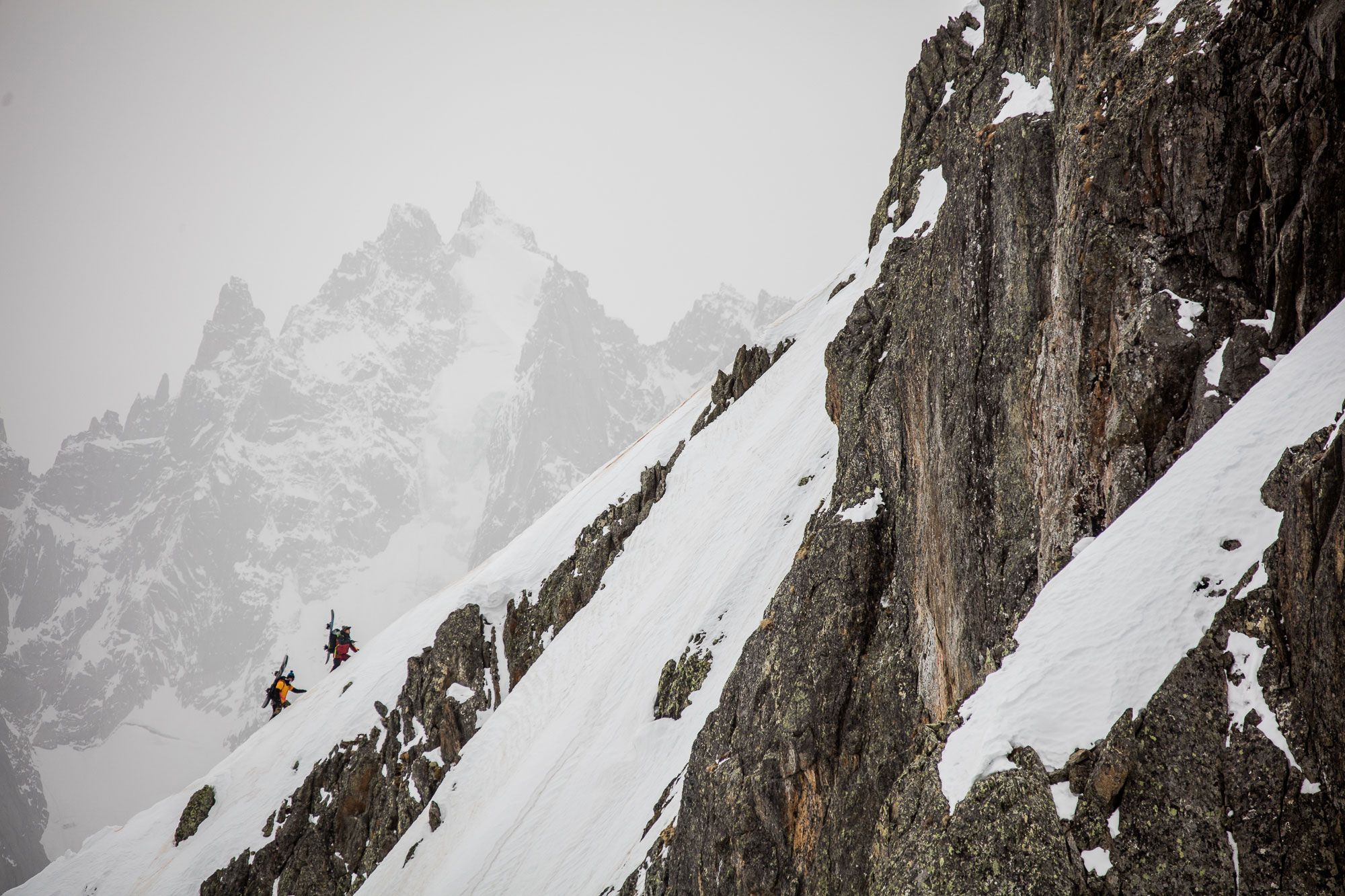
Julien Pica Herry: mountain guide and splitboarder
Lately I’ve been very impressed by the contents of Julien “Pica” Herry, he constantly releases contents about steep descents in the Mont Blanc area, where you need a super high level of mountaineering to go up. The soon to be 37 years old high Mountain Guide from Chamonix is right now one of the most complete splitboarders around, with many first descents on his home mountains and in Pakistan, like the Melguss Peak in the Hunza Valley. Julien is also helping people to access snowboarding and winter sports in general. Together with other mountain experts, he founded Zom Connection, a non-profit organization that helps the development of mountain sports in North Pakistan.
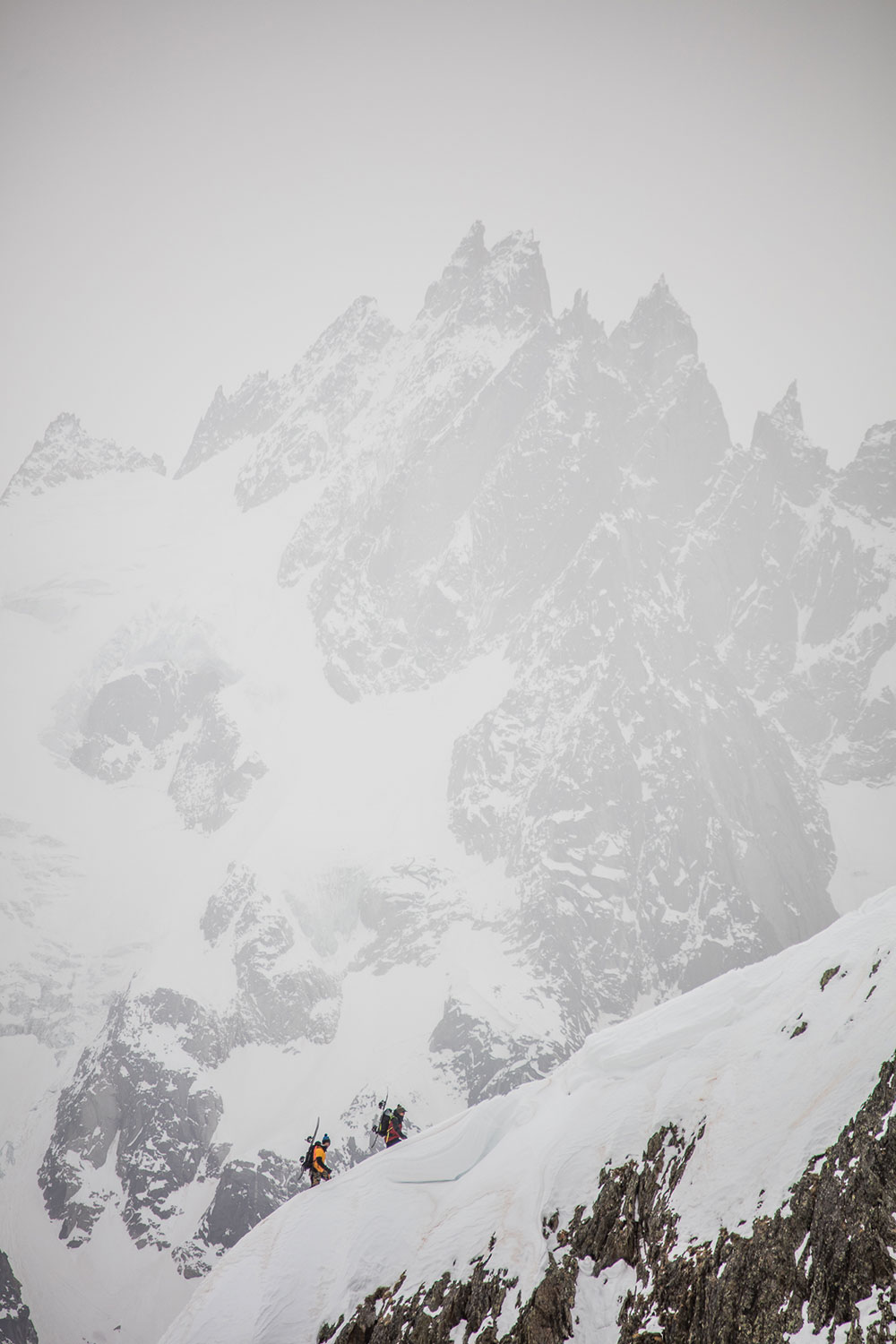
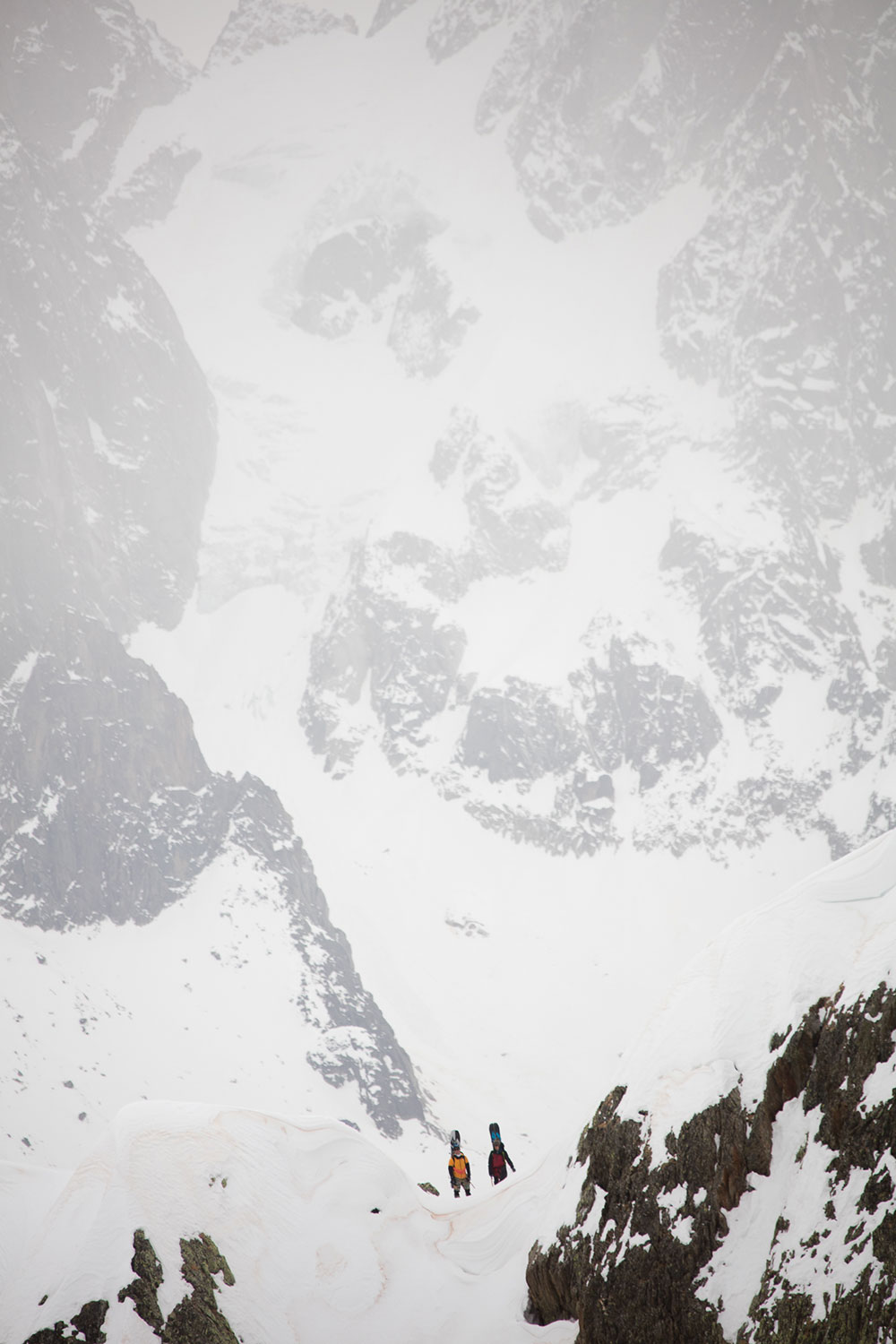
I feel that being Chamoniard surely shaped your riding and what you look for in a descent. At 36 years old do you have still the desire to explore your backyard mountains, or do you feel more attracted by some other descents in different areas?
I still have the desire to explore my backyard mountains because there’s still a lot to do and, of course, I take less risks here. I’m definitely attracted by some other mountains but right now in 2022 travelling all over the world is not a solution anymore, so although I have some attraction towards Pakistan I still try to stay as much as possible in my backyard.
In the series “Earn your Turn” you say that at a point you started feeling more a snowboarder than an alpinist. Are you still feeling this way? What passion started first: snowboarding or mountaineering?
I still feel more a snowboarder than an alpinist, I probably would say I’m a snowboarder who loves being in the mountains. I’ve started with climbing and mountaineering when I was 12 but I was already snowboarding, even though it was not until 10 years ago that I started to become more focused on snowboarding than mountaineering.
As a Mountain Guide, what is your suggestion for splitboarders who want to step up their riding to more difficult terrains that involve mountaineering skills?
My advice would be to start rock climbing to get used to the rope and then slowly go mountaineering in summer when you can’t go snowboarding. You definitely have to go toward climbing and mountaineering and then you can bring that into your snowboarding.
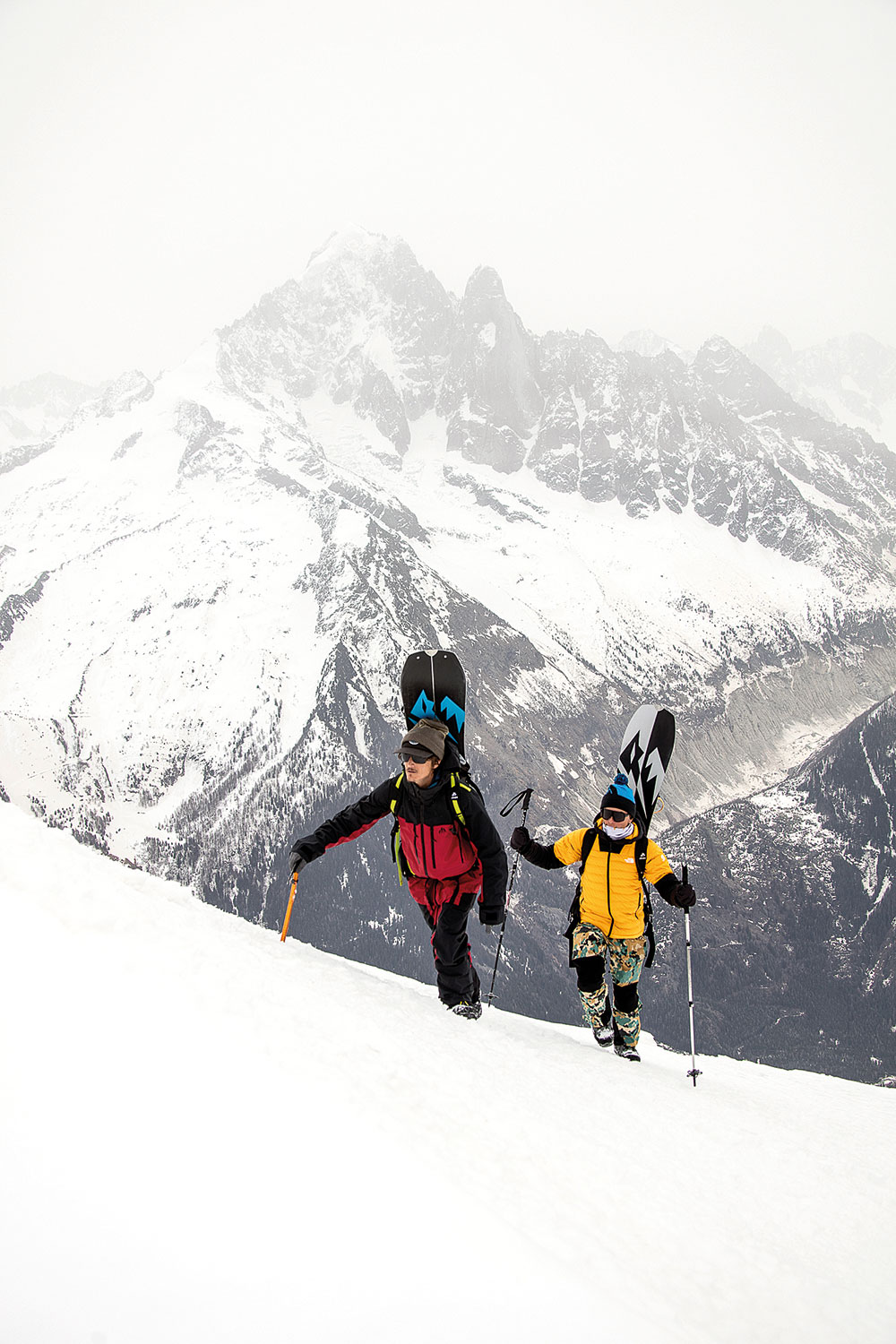
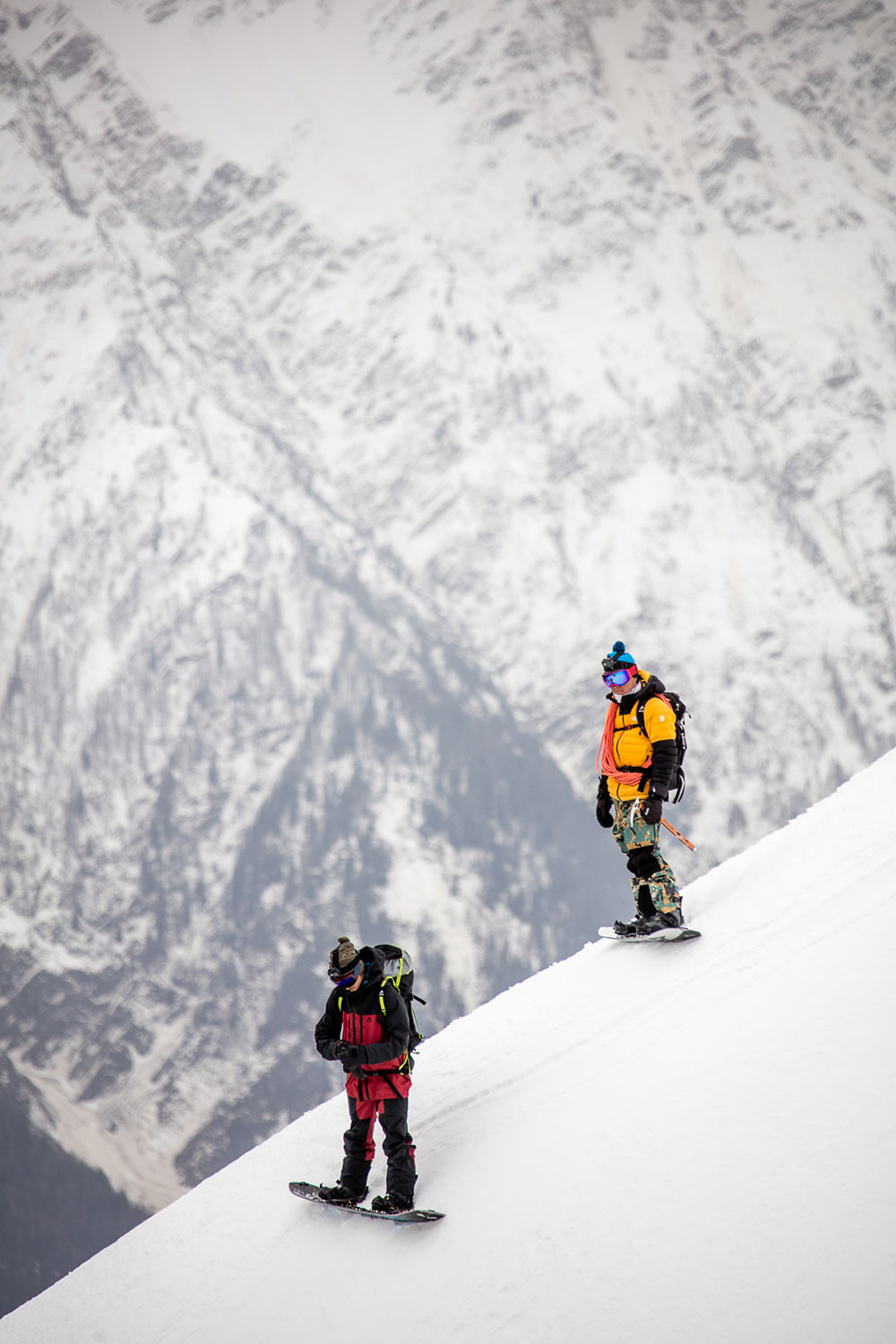
What are the key elements that you consider before facing a steep line?
Probably the avalanche risk and the weather forecast, I would say the mountain condition in general in order not to take too much risk. Otherwise, you still can reconsider everything once you’re in the mountain, so any time before the approach or even in the middle of a steep line you can turn around and go back safely if you feel that it’s not safe anymore to go further. But main key elements, as said before, come from the mountains: avalanche risk, weather forecast and mountain conditions.
What is your dream line?
I don’t have much dream lines now, I used to have a to do list with descents to tick off list… Not any more… My dream line would be a long steep, sunny and powdery spine in Pakistan, starting off the summit of a virgin 6500m peak, but I haven’t found it yet.
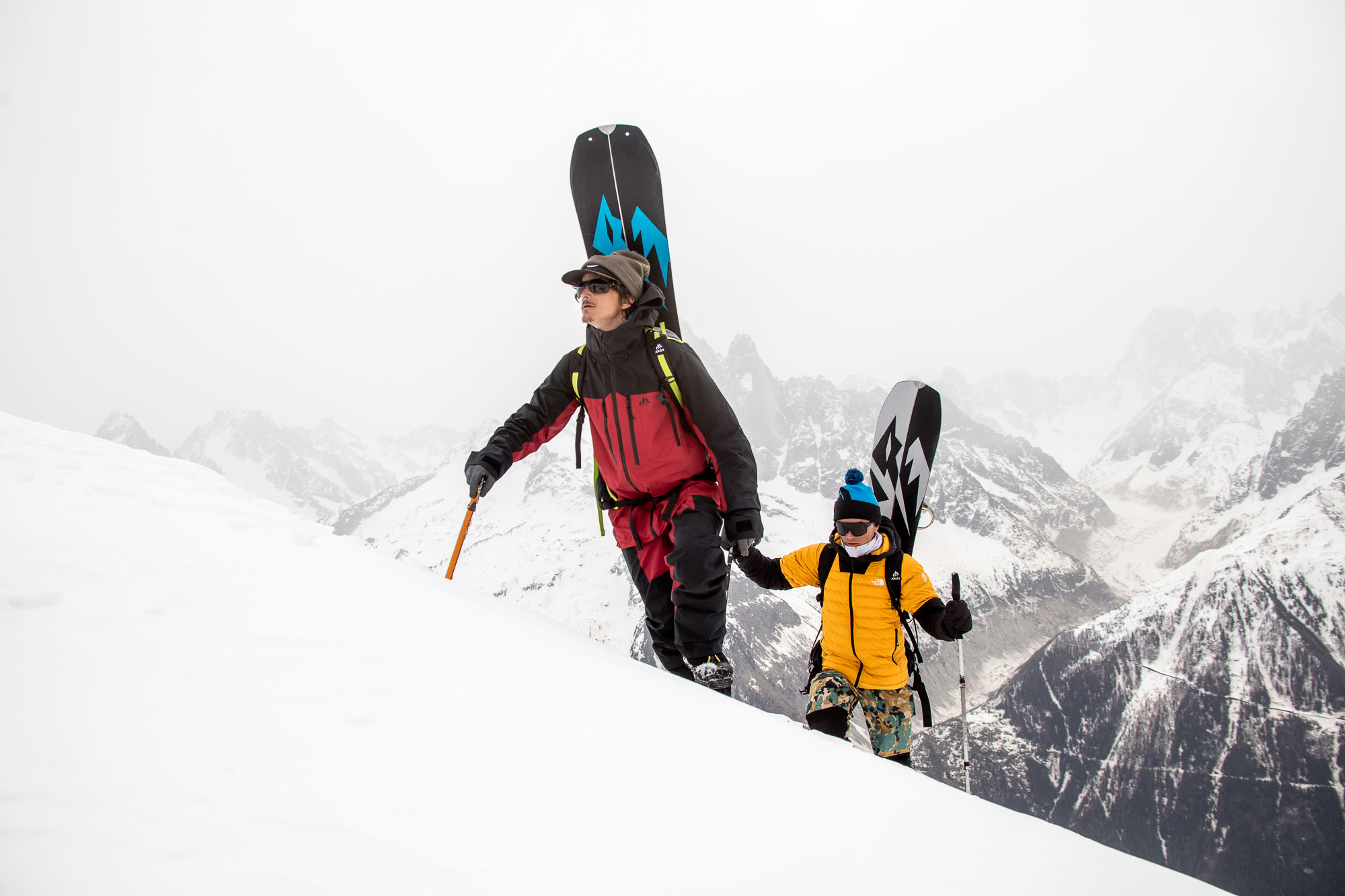
What is the biggest satisfaction that snowboarding has given you?
Snowboarding gave me a passion and a proper reason to keep moving forward so I would say I love being in the mountains and practicing snowboarding when I want.
What have been the main difficulties in the realization of Travers des Aiguilles Rouges?
Definitely the endurance, we knew we were going to be slow but still we were not sure if we would have managed to do it for 36 hours and with 5000m of elevation, so definitely the difficulties did not come from the steepness and from technical things, but they were mostly about the endurance and how we would adapt our rhythm, how we would manage to rest a bit during the night, but it was nice to face something challenging without being too much extreme in terms of risks taken. I crossed the same range in December 2006 in alpine style over 6 days. It was interesting to see how much faster we would be on splitboards. Knowing the range well, there was a logical link to do, never too steep never too flat, and in case we had to bail it was quite easy to do it any time.
Your love for Pakistan is well known, in 2020 you have founded Zom Connection, a non-profit organization that helps local communities of the North of Pakistan to discover and start practicing snow sports. How was the idea born?
After my accident there in 2019 (a broken vertebrae caused by an avalanche while climbing up), I decided to help local communities by providing them snowboarding equipment. After a first shipment under my name, it felt logical to create an association to go deeper in that project. So, together with some friends we have founded Zom Connection. Zom means Mountain in the local language. We collect snowboards, skis and snow sports equipment here in France and ship them or bring them to Pakistan, then we go there and spend days trying to ignite the passion for the sports and the mountains.
Do you find any link between your home mountains and Pakistan?
I do find connections between the people living in the mountains, they share the same passion and respect for nature.
